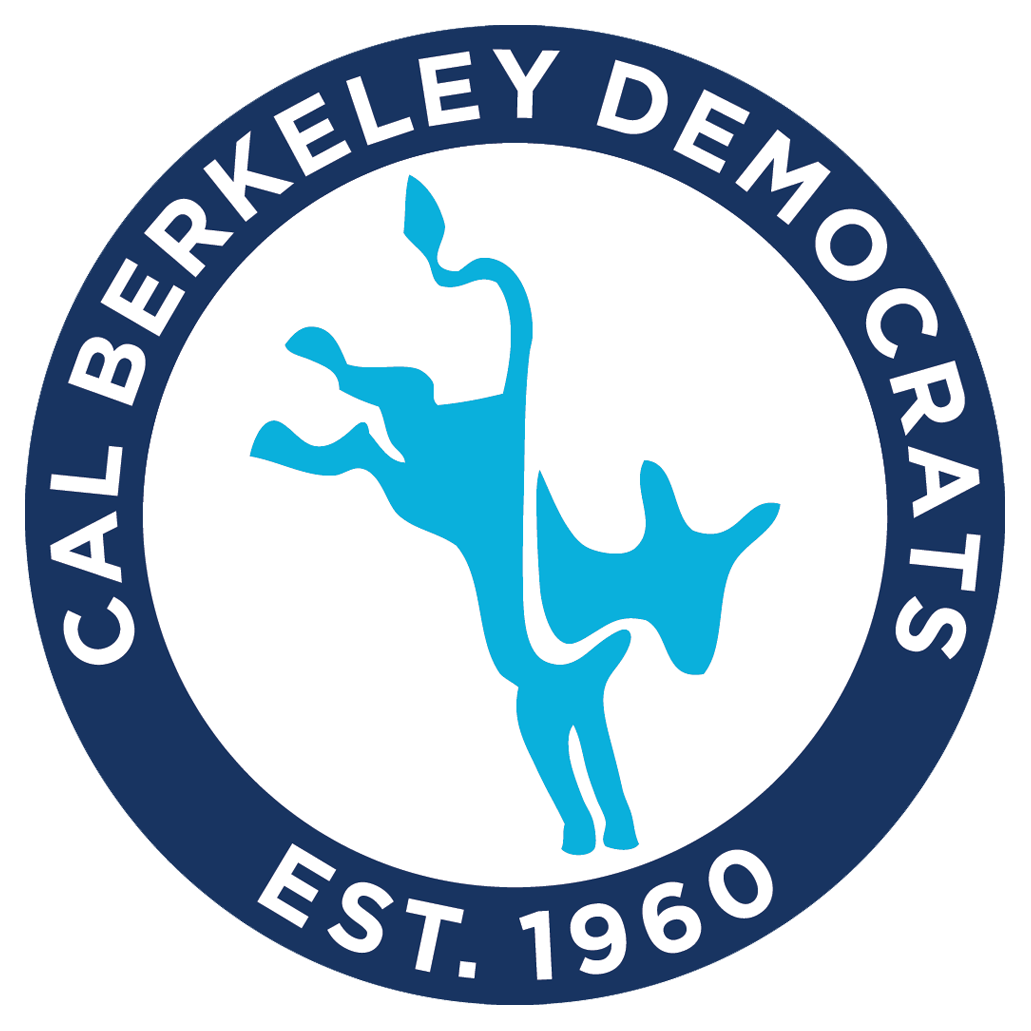The Houselessness Crisis and Proposition 1
By Caitlynn Breanne Kelley
Image Source: Rawpixel.com
California voters, by a slim margin, showed their support for Proposition 1 (Prop 1). Prop 1, also known as the Behavioral Health Services Act (BHSA), is supposed to tackle California’s houselessness crisis. The BHSA amends the 2004 Mental Health Services Act (MHSA), and the money it collects for housing programs is the major priority for Prop 1. Many cite the lack of affordable housing as to why houselessness is a major issue in California, as there are at least 185,000 houseless Californians. In Berkeley, there are at least 1,000 houseless people. Many pandemic-era programs complicate the data, since some of these programs were income protection and eviction moratoria. However, houselessness is a critical human rights violation that shouldn’t be ignored, it needs to be addressed by all local, state, and federal agencies and government accordingly.
All of the money given to the California counties from this Proposition comes from a $6.38 billion bond issue. There will be $1.05 billion for houseless veterans who are mentally ill or have substance use disorders, $922 million for housing programs for the houseless and those who have behavioral health issues and lastly, there will be $4.393 billion for behavioral health treatment and housing under the Behavioral Health Continuum Infrastructure Program. At least 11,000 Californians will receive mental health care through Prop 1. California state government estimates that 6,800 new treatment beds and 4,350 new units of housing will be provided.
The funding to assist the housing crisis comes from a 1% tax on incomes that are over 1 million dollars, and that millionaire’s tax will be allocated and spent by each county. There are strict requirements that Alameda County, and all counties, need to follow in order to spend their money, but also remember the City of Berkeley runs its own Health Agency, which may affect its response to the houselessness crisis.
There is concern whether the City’s Health, Housing, and Community Services Department will have enough funding to focus on treating the mental health needs of the growing houseless population. A part from the houselessness, there is concern that elder care services, such as dementia care, will be compromised. City Councilmembers Sophie Hahn and Rashi Kesarwani supported Prop 1, saying that the increases in support for behavioral health and housing will be beneficial in treating the City’s houselessness issue.
Many Californians and UC Berkeley students have experienced and/or have known houseless people. At least 10% of UC Berkeley students have experienced houselessness, and more broadly 9,747 people in Alameda County have experienced houselessness. Each year in the Bay Area at large, 15,786 people have dealt with houselessness at some point in their lives. Out of the 15,786 people, half of them are from Oakland alone. A lot of them deal with mental illness, substance use, health conditions, and are disabled.
Some of Prop 1’s supporters were Governor Newsom, the City of Berkeley, Blue Shield of California, and the California Chamber of Commerce. Some of Prop 1’s critics were the Howard Jarvis Taxpayers Association, League of Women Voters of California, and Cal Voices. Despite the major support, there was still a lot of division from voters on whether to support Prop 1.
50.18% of voters voted for Prop 1, and 49.82% voted against Prop 1. At the end of counting ballots, only 26,242 more voters showed support for Prop 1. The California state auditor has released a report stating that the California Interagency Council on Homelessness hasn’t been active since June 2021 on tracking how effective California’s plans are to tackle houselessness. The Council doesn’t verify the accuracy of data given by local governments or consistency in collecting outcome data. The California State Auditor specifically called out neighboring city San Jose for their financial mismanagement and failure to track success of houseless programs.
Both the local and state governments need to work better together to tackle the houselessness issue according to the California State Auditor. The state needs to give more updates to local governments on state housing and houselessness plans. There needs to be more oversight on what local agencies do to implement these plans. And there NEEDS to be tracking of how well policy works through analyzing funding and outcomes. Politicians such as Democratic state Sen. Dave Cortese and Republican state Sen. Roger Niello have spoken out against the lack of transparency.
It is the local government’s responsibility to implement the houselessness programs in the first place to collect the necessary data for the state government to analyze. Head of the California Interagency Council on Homelessness Megan Marshall stated that legislators only required them to do one assessment and there are lack of resources to collect data.
The readers, and myself included, need to truly figure out if our elected officials are doing the work that they have promised to do. If they aren’t doing the work that they have spent billions of dollars on saying that they are partaking in to solve a human rights issue (or any issue), we must peacefully show up at the ballot box, at protests, and start campaigning for elected office. The American peoples’ voice does matter, and it needs to be heard!

